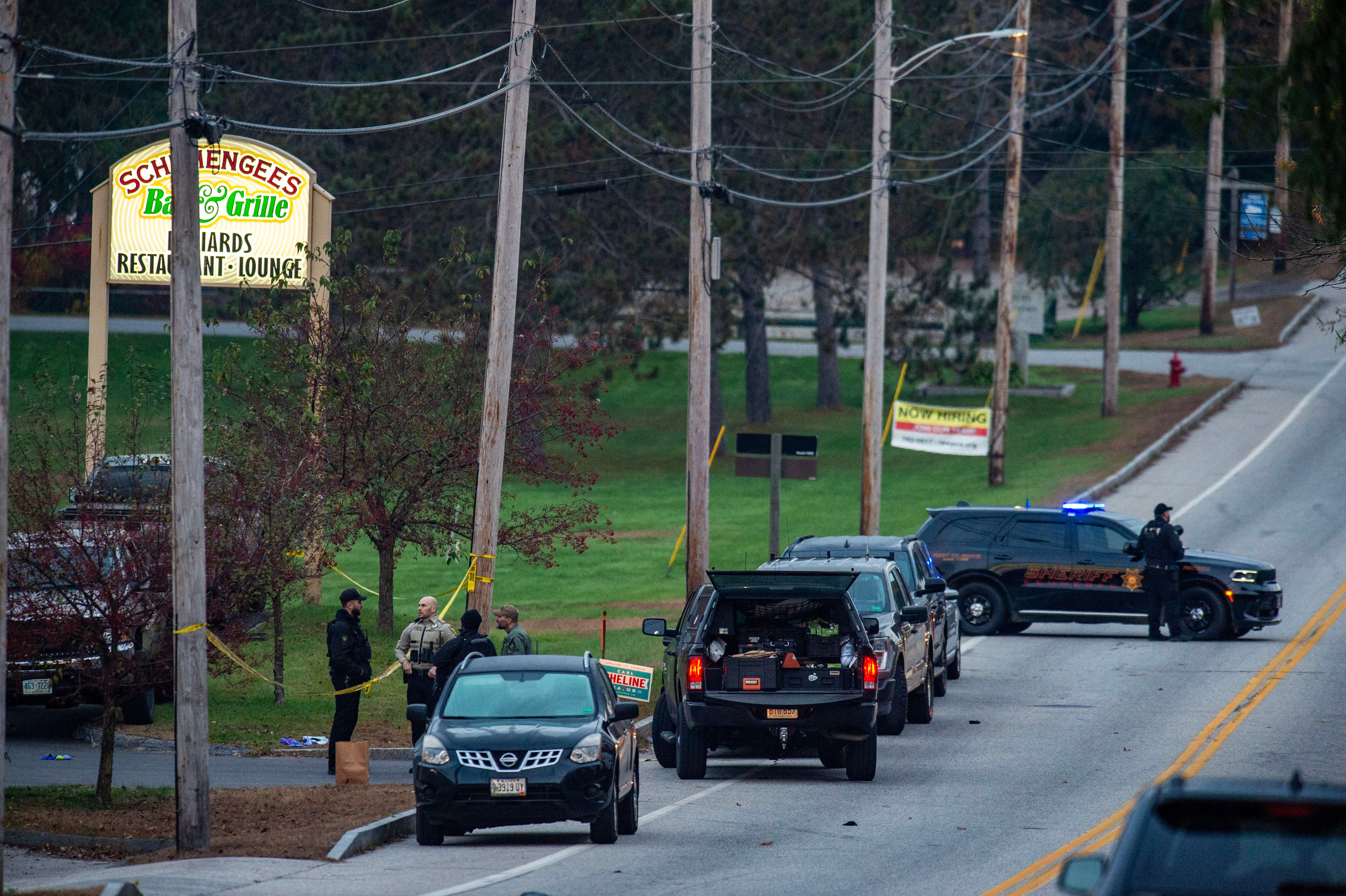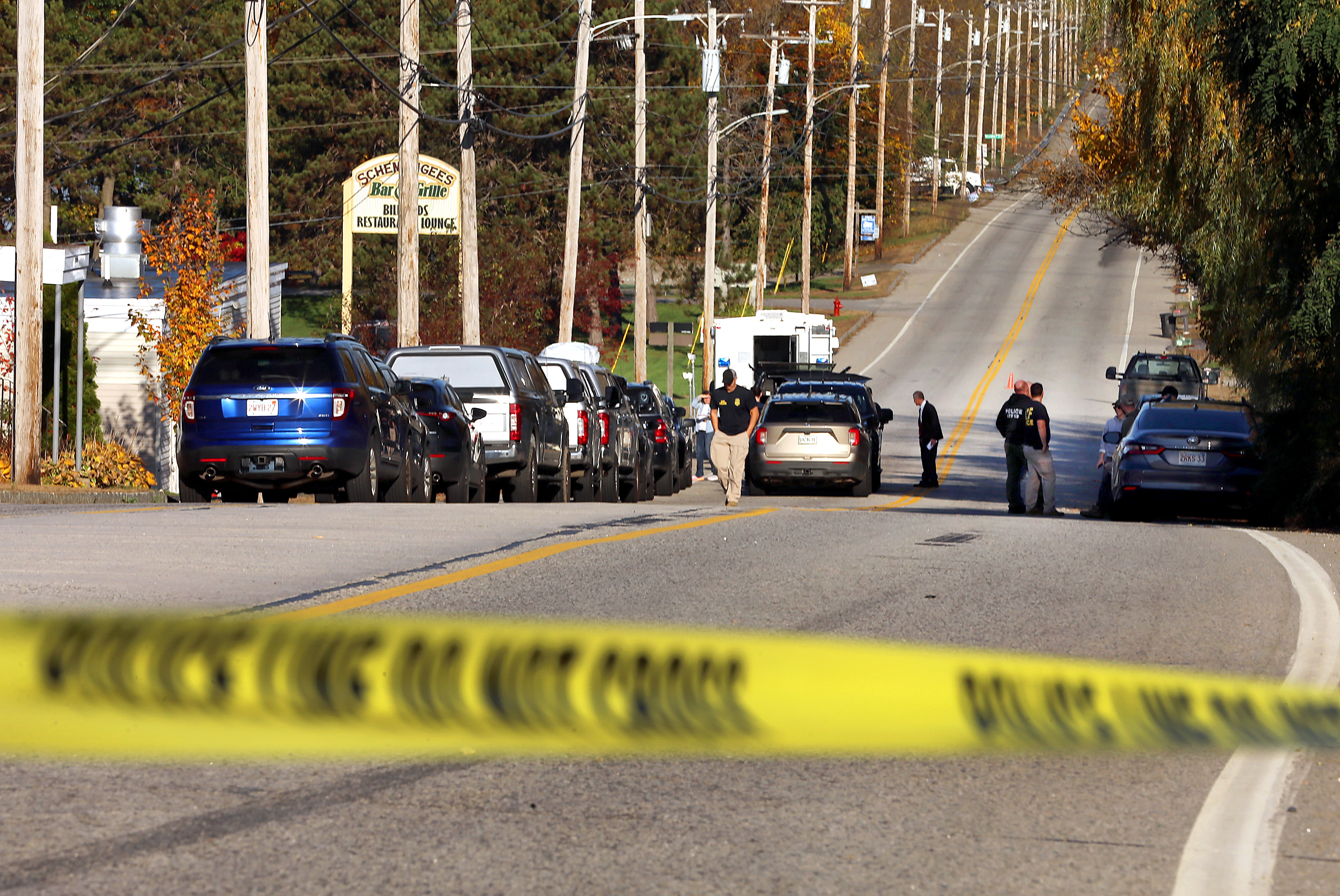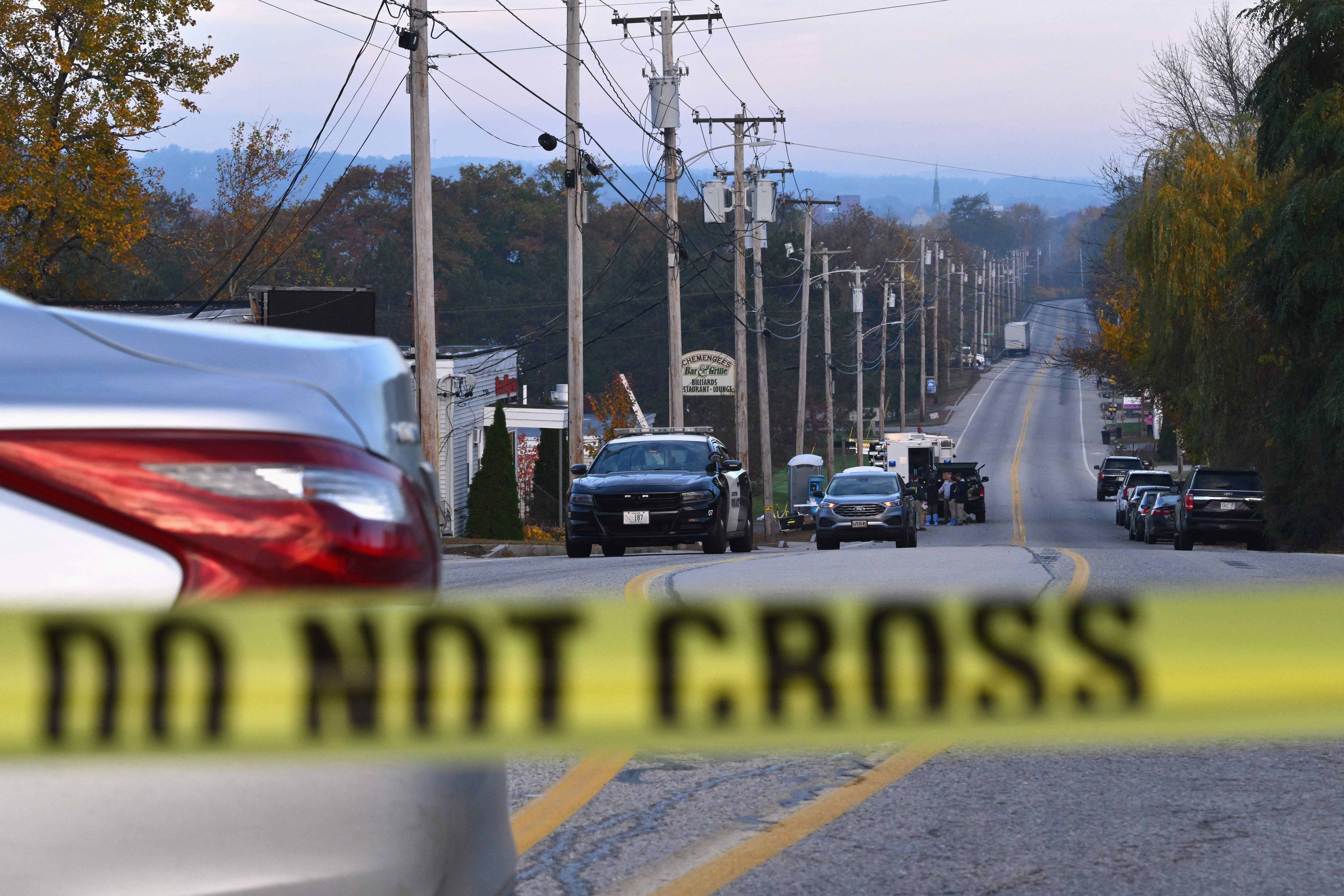
Democratic Gov. Janet Mills on Friday signed into law a suite of gun safety legislation approved by lawmakers after the deadliest mass shooting in state history, expanding background checks for private sales of weapons, bolstering the state's “yellow flag” law, criminalizing the transfer of guns to prohibited people and expanding mental health crisis care.
The governor told lawmakers during her State of the State address that doing nothing was not an option after an Army reservist with an assault rifle killed 18 people and injured 13 others in Lewiston on Oct. 25.
The bills drew opposition from Republicans who accused Democrats, who control both legislative chambers, of using the tragedy to advance proposals, some of which had been previously defeated. Mills said Friday the proposal would improve public safety while respecting the state's long traditions of gun ownership and outdoor heritage.
“This law represents important, meaningful progress, without trampling on anybody’s rights, and it will better protect public safety by implementing reasonable reforms and by significantly expanding mental health resources," Mills said.
Get New England news, weather forecasts and entertainment stories to your inbox. Sign up for NECN newsletters.
The new law signed by the governor doesn't require universal background checks but it does require background checks for people who advertise a gun for sale on Craigslist, Facebook Marketplace or elsewhere. Sellers would be required to conduct a background check utilizing commercially licensed businesses like L.L. Bean or Cabela's.
The legislation includes changes to the state's yellow flag law that allows police to assess an individual, take the person into protective custody for a mental health evaluation and hold a hearing before a judge to remove guns from someone in a psychiatric crisis.
The new law allows police to go directly to a judge for a warrant, streamlining the process. It eliminates a hurdle when a deputy was stymied by the Lewiston gunman’s refusal to answer the door for a required face-to-face meeting that’s necessary under current law. Law enforcement members have said in testimony about the shootings that the state's existing yellow flag law was cumbersome and hard to apply.
More on the investigation into the Lewiston mass shooting
The bill signed by the governor also strengthens legal standards for prosecution and penalties to deter other people from selling weapons to prohibited buyers, making it a felony crime. The governor's office said in a statement that the new approach “will mean that transfers of firearms to family members or trusted friends, as is common in Maine, will remain unchanged, but it will incentivize checks against the (National Instant Criminal Background Check System) for private, unadvertised sales to unknown individuals through the threat of increased risk of prosecution and prison time.”
Mills' approvals of the gun proposals came a day after a special commission she convened interviewed fellow reservists of Card who raised warnings about Card's increasingly erratic behavior. Card was found dead of a self-inflicted gunshot wound in the aftermath of the mass shooting after a long search.
One of the fellow reservists interviewed on Thursday, Sean Hodgson, told superiors in September: “I believe he’s going to snap and do a mass shooting.”
Sign up for our Breaking newsletter to get the most urgent news stories in your inbox.
Mills also proposed the creation of a new violence and injury prevention program requiring the Maine Centers for Disease Control and Prevention to serve as a clearinghouse for data from law enforcement, hospitals, schools and other sources to inform public policy decisions.
Her proposal for a network of crisis centers, meanwhile, would build upon the first such facility already in operation in Portland and a second one that’s being created in central Maine.




